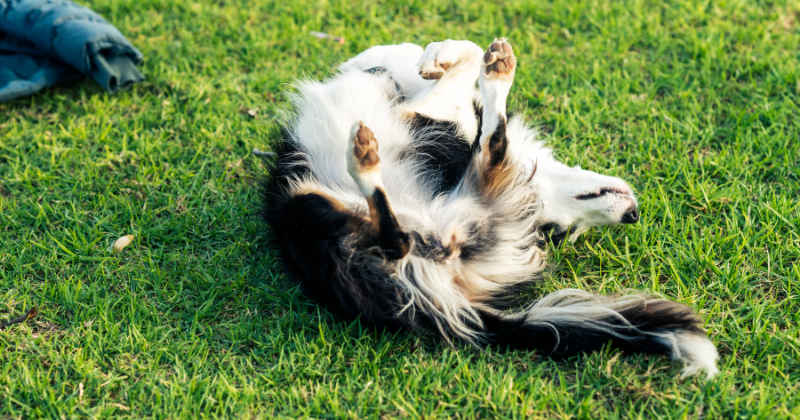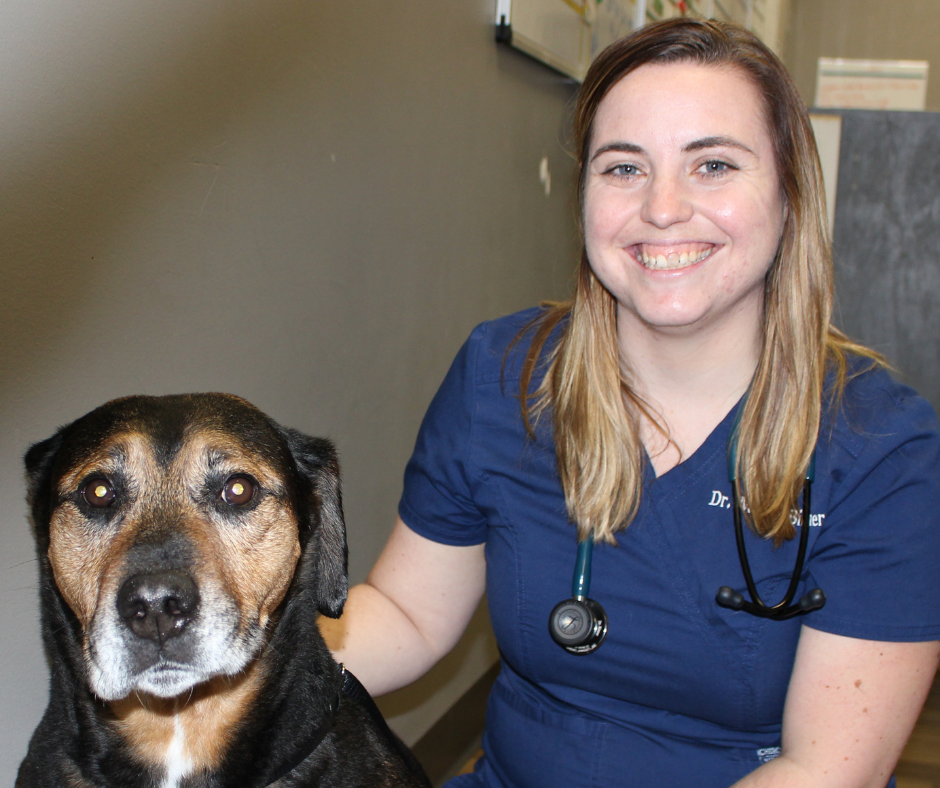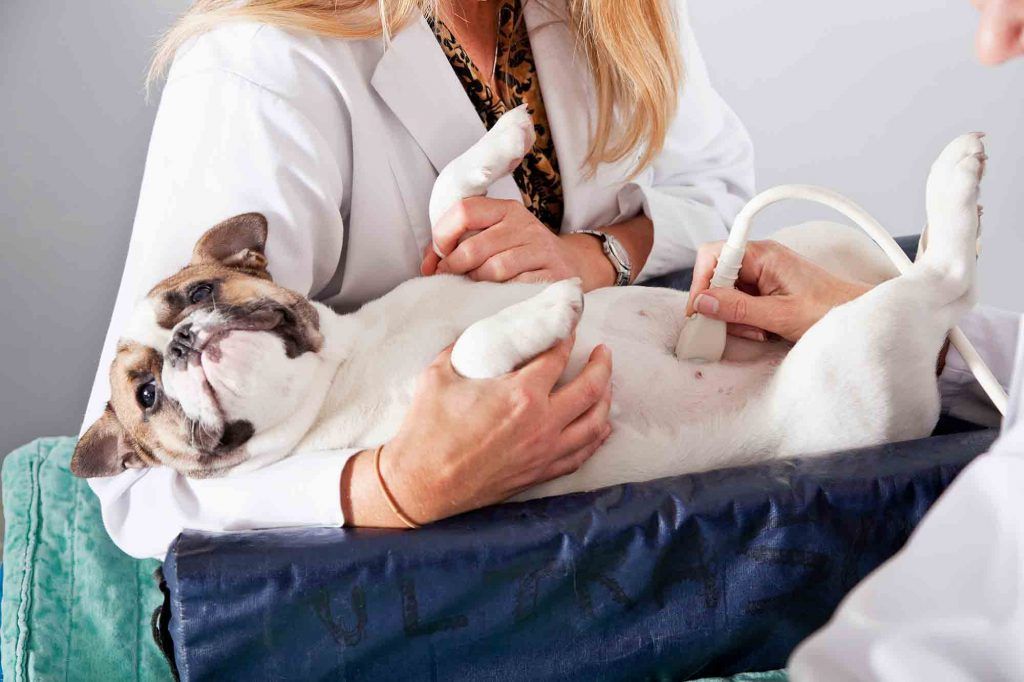Animal hospital | What Are The Responsibilities of a Veterinarian?
If you're ever in need of veterinary services, you'll want to know the responsibilities of a veterinarian. This blog will outline the primary duties of a veterinarian, including examining animals to assess their health and diagnose problems, treating and dressing wounds, performing surgery on animals, testing for and vaccinating against diseases, and operating medical equipment. By reading this blog, you'll be well-equipped to ask any questions and make an informed decision about whether or not to seek veterinary care. Thanks for reading!
Examine animals to assess their health and diagnose problems
A Veterinarian is a professional responsible for animals' health and well-being. They perform a variety of examinations, including health assessments, diagnostics, and treatments for common ailments like infections and parasites. They also prescribe treatments for more complex issues, such as surgeries or dentistry. To be a successful Veterinary technician, it is important to have an excellent working knowledge of veterinary medicine and the ability to take accurate medical records. Additionally, Veterinarians must be able to communicate effectively with both patients and their owners.
Veterinarians are responsible for examining animals to assess their health and diagnose problems. They traditionally use a combination of diagnostics such as physical examination, neurology, blood work, radiography, and pathology. Veterinarians also provide medical treatment for animals when necessary.

Treat and dress wounds
A veterinary career is filled with many responsibilities and challenges. One of the most important is treating and dressing wounds in patients of all ages. They often use specialized equipment like sutures, bandages, and splints to help injured animals heal properly. Veterinarians are also skilled at diagnosing and treating diseases in pets. In addition to medical care, they can guide your pet's diet and exercise. If you're looking for a career filled with purpose and meaning, veterinary medicine may be the perfect option!
Perform surgery on animals
As a veterinarian, one of your primary responsibilities is to perform surgery on animals. This includes surgeries such as births and euthanasia. In addition to surgery, veterinarians are responsible for prescribing medications and treating injuries sustained by the animals in their care. To be a successful veterinarian, you must be licensed by state law, pass a rigorous exam, and abide by the American Veterinary Medical Association (AVMA) set forth ethical standards. Serving as a veterinarian is a demanding profession that requires extensive training and experience. Many common surgeries veterinarians perform include vaccinations, sterilization procedures, surgery to remove tumors or foreign objects from an animal's body, and fracture repairs.

Test for and vaccinate against diseases
As a veterinarian, your responsibilities go beyond just treating sick animals. You are also responsible for tests that can help identify pets' diseases and vaccinate them against various illnesses. Vaccinations protect the animal and those who live around them by preventing illness-related deaths. It's essential to keep your veterinarian up to date on veterinary medical information so they can provide the best care possible for your pets. If you have any questions or concerns about your pet's health, speak with them as soon as possible!
To test for a disease, a veterinarian will take blood or saliva samples from the pet. The models will then be sent to a laboratory where they can perform various tests to determine if the pet is infected with that disease. If so, the veterinarian may recommend vaccination against that disease. Several different types of vaccines are available today, each targeting specific strains of bacteria or viruses. Vaccines protect pets from contracting that particular illness themselves and passing it along to other animals in their household (or community).
Operate medical equipment, such as x-ray machines
Veterinarians are skilled at operating medical equipment, such as x-ray machines. This is especially important for practitioners who work with animals, as x-rays can help diagnose and treat injuries. Veterinarians also use other medical devices to care for pets, including ultrasound machines and CT scanners.
To operate these devices safely and effectively, veterinarians must have a strong understanding of how they work. They must be able to read diagnostic screens and understand complex technical instructions. In addition, veterinarians must have excellent hand-eye coordination skills to position the device in doctors' patients properly.
Veterinarian training usually includes instructions on how to use various types of medical equipment. Aspiring practitioners should seek accredited veterinary schools that offer comprehensive training in all aspects of practice medicine.

Advise animal owners about general care, medical conditions, and treatments
As a veterinarian, it's your responsibility to provide advice to animal owners about general care, medical conditions, and treatments. This includes diet and nutrition, vaccinations, behavioral issues, and more. In addition, some standard services that a veterinarian may offer include spaying/neutering, diagnostics (including X-rays), surgery (including dental work), and treatment of injuries. It's an important role and one that you should take seriously. By providing sound advice, you can help improve the health and welfare of the animals in your care. So go ahead, put your veterinary skills to use and help those in need!
Veterinarians are often called upon to provide emergency services such as bites and scratches, surgical advice, and surgeries on dogs and cats. They may also perform necropsies (analyses of dead animals) or perform heartworm testing on pets living in areas where mosquitoes carry mosquito larvae that can cause human heartworm disease.
In addition to caring for sick or injured animals, veterinarians play a significant role in public health by educating people about the dangers of walking their Pets off-leash; preventing pet overpopulation through spay/neuter programs; recognizing signs of animal abuse; providing education about vaccinating your Pet against specific diseases; warning you when adjusting feed schedules might be necessary due to changing food allergies.
Conclusion
As a veterinarian, you have a lot of responsibilities and duties. By assessing animals and diagnosing problems, you help to ensure their health and well-being. You also treat and dress wounds, perform surgery, and advise owners about veterinary care and treatments. Read through the blog to understand better what a veterinarian does and how you can help contribute to the veterinary profession.
At Animal Family Veterinary Care Center, we take our veterinary responsibilities seriously and are dedicated to providing the highest quality care for our patients. In Davenport, Iowa, we offer comprehensive veterinary services for dogs and cats.
